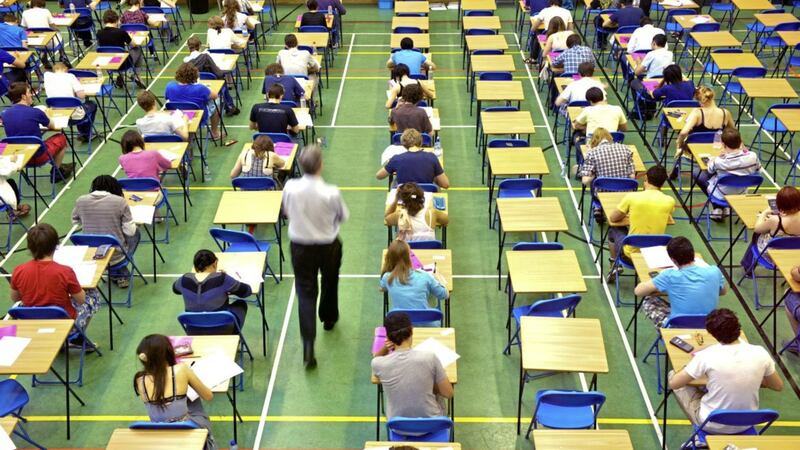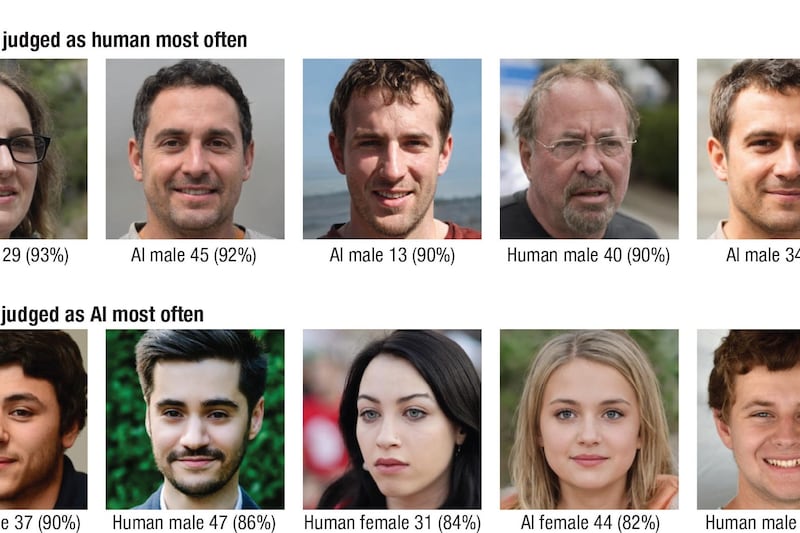HUNDREDS of extra `poor' students could be admitted to top universities if entry requirements are dropped by two A-level grades, new research has said.
A study suggested that if institutions lowered their offers for disadvantaged pupils, then the proportion gaining degree places could rise by 50 per cent.
The research, published by the Sutton Trust, looked at the use of "contextual admissions" at 30 of Britain and Northern Ireland's universities that have the highest entry requirements.
Contextual admissions take into account a potential student's background, such as the school they attended, or whether they were eligible for free school meals (FSM).
The study, led by academics at the universities of Durham and Warwick, found that greater use of contextual information could lead to a "substantial hike" in the numbers of students who are eligible for FSM.
The majority (85 per cent) of students at these institutions are recruited on to courses that have a requirement of at least an A and two B grades at A-level or equivalent.
If this was lowered by two grades - to two B grades and a C - then around 750 poor students, those who gain three B grades, or BBC, could potentially attended these institutions, it says.
Queen's University Belfast is already operating its Pathway Opportunity Programme, which sees the grades needed for degrees including law changed from straight A grades to ABB for some.
The university said it provided a route for talented young people who had the ability to study at Queen’s but may require additional support. Throughout Years 13 and 14, they benefit from a series of events designed to aid progression to university. On completion of an assessment they will then be eligible for a reduced offer of up to two A-level grades below the standard offer.
The research said if all extra poor students were admitted across the UK, there would be a 50 per cent increase "in the number of FSM-eligible students admitted to our leading universities - from around 1,500 to around 2,250 each year".
The study noted that in general, the A-level grades of poorer students at top universities were only slightly lower than those of their peers from richer backgrounds.
"This suggests that there remains significant scope for greater use of contextual data amongst selective universities in the UK," the study concludes.
"While concerns have been expressed that it risks 'setting students up to fail' by admitting them with lower grades, our analysis finds little evidence that leading universities that appear to practise greater contextualisation see significantly higher dropout rates, lower degree completion rates, or lower degree class results than universities where the use of contextualisation appears to be lower.
"Of course, the data does not reveal what additional support may have been provided to students admitted under contextual schemes, but it does suggest that there is no reason why students from contextual backgrounds admitted with lower grades cannot succeed at top universities with the right support."
Sarah Stevens, of the Russell Group, which represents 24 leading universities including Queen's, said contextualised admissions and data had been used for years.
"This is part of our universities' wider commitment to ensuring students with the potential and determination to succeed at a leading university have the opportunity to do so, whatever their background or circumstances," she said.








